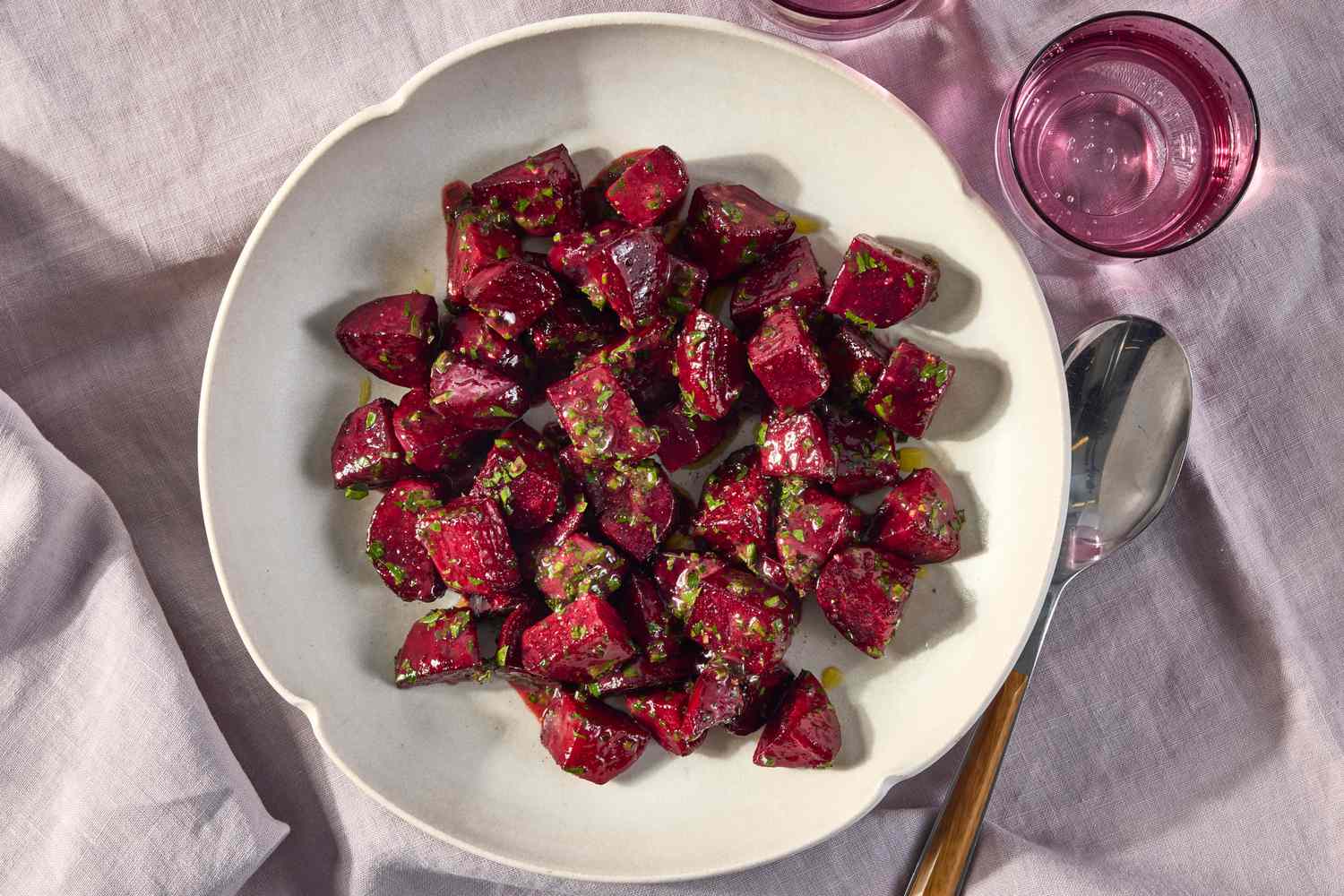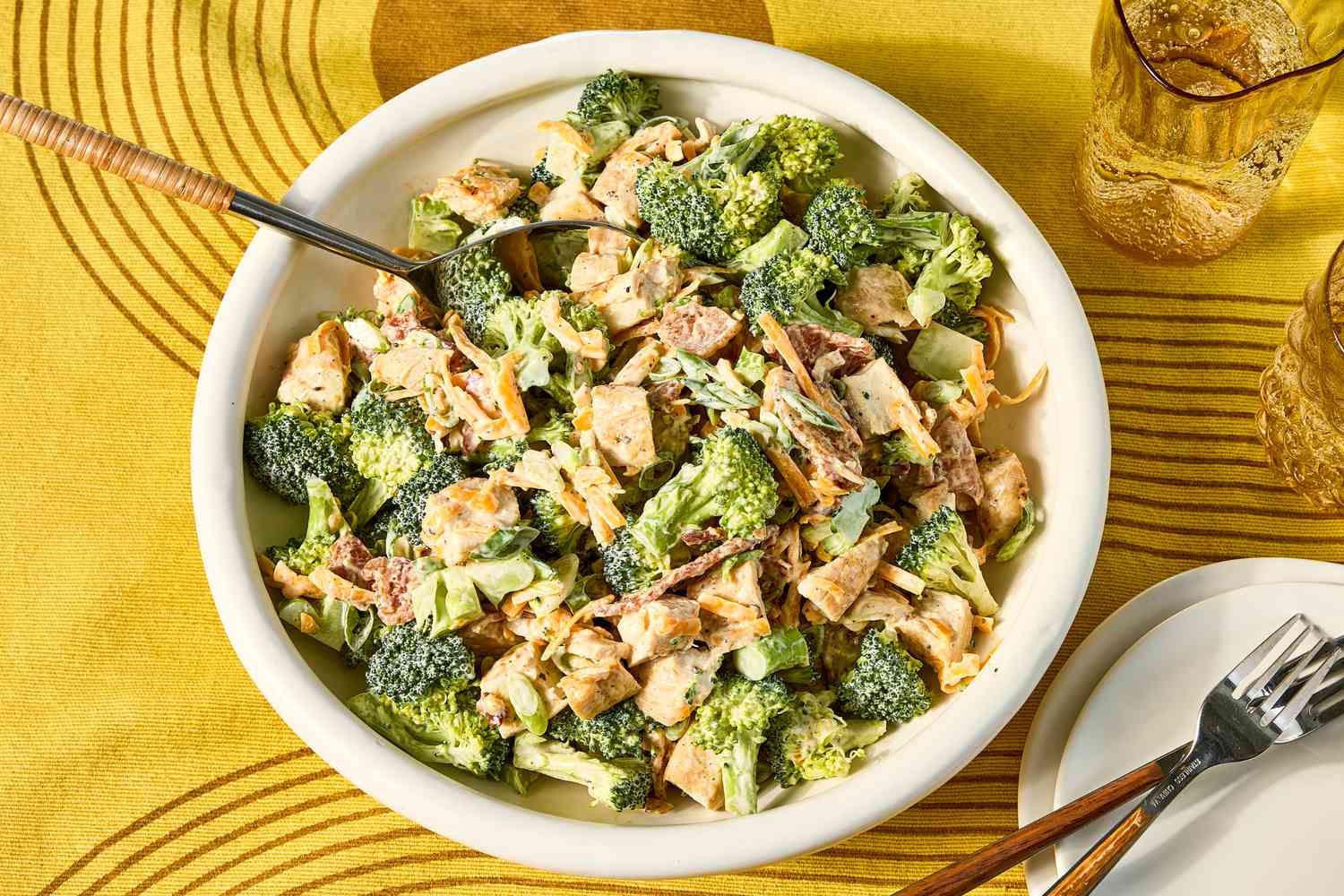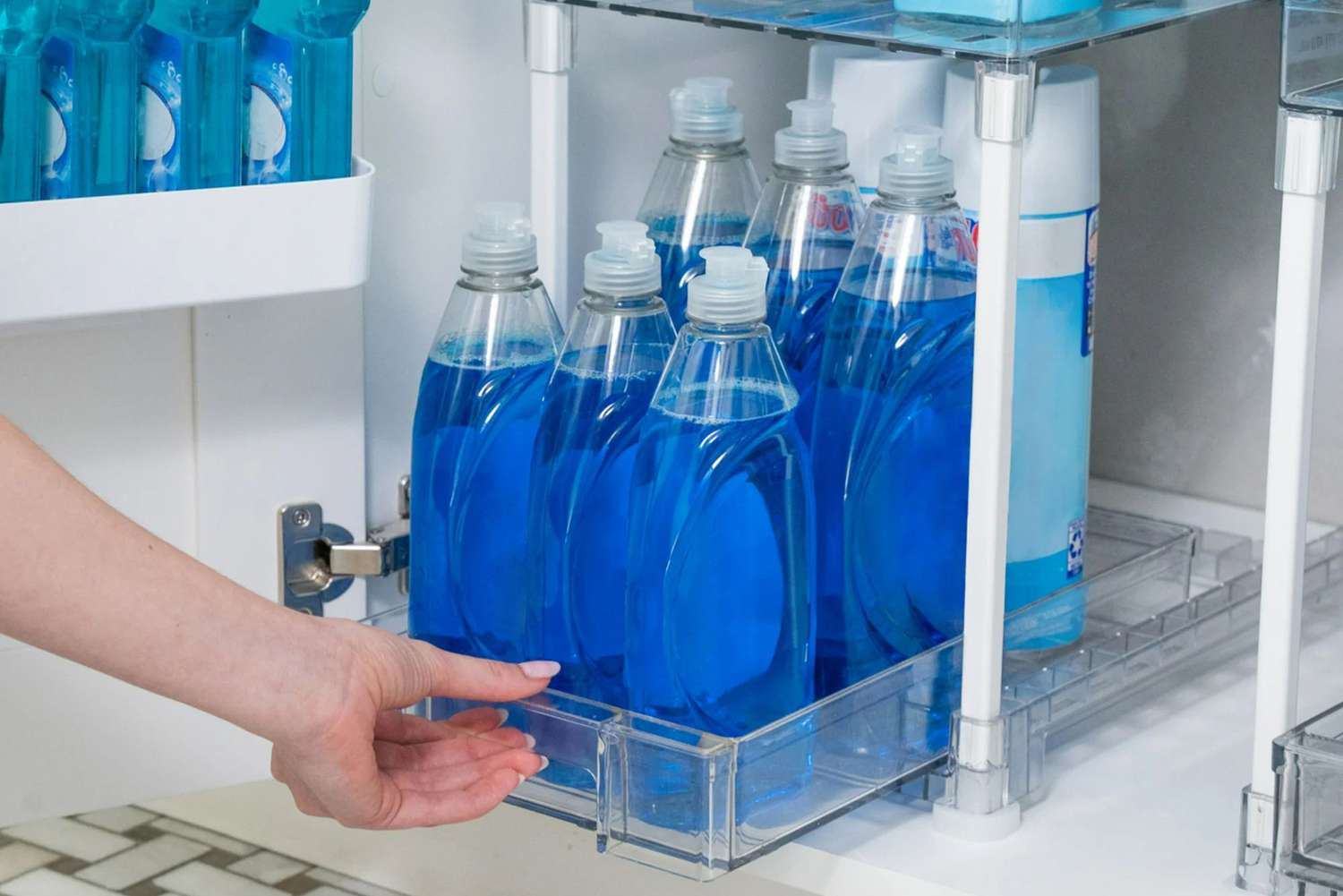
Endometriosis Pain and Diet Might Be More Connected Than We Thought, Per New Study
Key Takeaways:
- A new study surveyed more than 2,000 people with endometriosis who made dietary changes.
- Those who cut out alcohol and gluten were most likely to report improved pain management.
- Diet’s impact on endometriosis will vary, so contact your doctor before experimenting.
Endometriosis is a challenging and often misunderstood condition that affects the reproductive system. It occurs when tissue similar to the uterine lining grows outside the uterus, forming painful lesions. This complex disorder is not only difficult to diagnose but also tricky to manage. For those living with endometriosis, chronic pain can be a constant companion, often accompanied by symptoms like fertility struggles, severe fatigue and digestive problems.
Right now, most treatments for endometriosis involve surgery or medications that suppress certain hormones, but these options don’t work for everyone. That’s why many people turn to lifestyle changes, including adjustments to their diet, to try to alleviate symptoms and improve their quality of life. Dietary modifications may play a role in managing endometriosis-related pain and inflammation, but unfortunately, data is lacking to confirm which interventions are the most effective.
Plus, individual experiences with dietary changes can vary widely, and finding what works often involves trial and error. To explore this further, and to help bridge the knowledge gap, researchers conducted an online survey to better understand which dietary changes people with endometriosis find helpful for managing their pain. These results were published in JAMA Network Open.
How Was This Study Conducted?
To determine which dietary modifications appear to impact endometriosis symptoms, researchers conducted a survey in collaboration with a local patient support group in Edinburgh. The survey consisted of 24 questions and was made available online over a four-month window.
Questions involved whether participants followed certain dietary modifications (including reducing alcohol, following a gluten-free diet or avoiding soy foods, for example) and whether they tried taking certain supplements (including magnesium, turmeric or probiotics, for example). Information about participants’ pain scores were also collected.
Out of 2,858 individuals who started the survey, 2,599 completed most of it, and 2,388 of these participants had confirmed endometriosis.
What Did the Study Find?
After analyzing the data, researchers found that most participants (96.9%) reported experiencing pelvic pain, and 91.2% dealt with frequent abdominal bloating. A significant portion of respondents (83.8%, or 2,001 people) tried at least one diet to help manage their symptoms, and 58.8% (1,404 people) used supplements. Among those who made dietary changes, 66.9% felt it improved their pain, while 43.4% reported the same benefit from supplements.
Survey responses revealed that the most common sources of advice leading to dietary changes were social media or recommendations from health care professionals.
Among the most popular diet changes people underwent, pain improvement was reported by:
- 53.2% of those who reduced alcohol
- 45.4% of those who reduced gluten
- 45.2% of those who reduced dairy
- 43.4% of those who reduced caffeine
Following a low FODMAP diet or a Mediterranean diet didn’t result in as high of a percentage of people reporting pain improvement as those who eliminated single foods or nutrients, like alcohol or gluten. The dietary interventions that appeared to offer the least pain relief impact were a low-nickel diet, a low-citrus diet and vegetarian diet.
The supplements that were associated with the largest reduction in pain were magnesium, serrapeptase and peppermint. Linseed oil was the least likely to help with pain improvement among all of the supplements tried by the participants.
It is important to note that while food and supplement modifications worked for some among this study population, there was no single solution that effectively worked for everyone, emphasizing the need for personalized strategies. However, limitations of the study, such as participant selection bias and lack of detailed questions on long-term impacts, suggest there is much more to learn about how diet affects endometriosis symptoms.
Additionally, without controlled experimental conditions, it is difficult to differentiate whether improvements in symptoms are due to dietary modifications or other external factors, such as medication, lifestyle changes or the natural progression of the condition. This limitation underscores the need for more rigorous, controlled clinical trials to better understand the complex relationship between diet and endometriosis symptoms.
Still, this isn’t the first study suggesting that dietary changes may impact endometriosis symptoms. A review published in Frontiers in Nutrition highlighted past data suggesting potential links, including results from a randomized trial showing that supplementation with vitamins C and E significantly reduced endometriosis symptoms when compared with a placebo. The review also incorporated another trial showing that vitamin D supplementation may be associated with reduced pelvic pain among people with endometriosis.
Study Limitations
- The study is observational in nature, which means it cannot establish direct causation between dietary changes and symptom improvement.
- This study relies on self-reported data, which can introduce reporting biases or inaccuracies.
- The majority of participants identified as White (88.4%), with smaller representations of Asian (4.3%) and Black (1.9%) individuals. This lack of diversity limits the generalizability of the findings.
How Does This Apply to Real Life?
The results of this study highlight that making adjustments to diet or incorporating supplements may provide relief for some individuals, but it’s not a one-size-fits-all solution. Each person’s experience with endometriosis is unique, and finding what works often requires a thoughtful, trial-and-error process—preferably with a doctor’s support and guidance. For instance, if reducing alcohol or caffeine seems promising based on the data, one could start by making small, manageable changes while paying close attention to how their body responds. Consulting with healthcare professionals, such as a dietitian who specializes in endometriosis, can also provide valuable guidance.
While the study offers useful insights, it’s a reminder that every step in managing endometriosis—whether medical, dietary, or lifestyle-related—needs to be tailored to the individual’s specific needs and circumstances.
The Bottom Line
A new study in JAMA Network Open suggests that some changes to diet or supplementation can help with pain management for people with endometriosis. The most successful changes were eliminating alcohol and gluten from the diet entirely. But if you are considering eliminating foods such as gluten-containing grains or dairy from your diet to potentially help alleviate symptoms, it is crucial to ensure you are not creating any nutritional gaps that could leave you lacking in essential vitamins and minerals. Consulting with a healthcare provider or a registered dietitian can help you make informed decisions and build a balanced plan that supports your overall health. Remember, with the right support and a tailored strategy, it is possible to take meaningful steps toward improved well-being and quality of life.
While advancements in research are shedding light on potential strategies, including dietary changes and supplementation, every individual’s experience with endometriosis is unique, and we need more data to know exactly what to advise those managing this condition.










